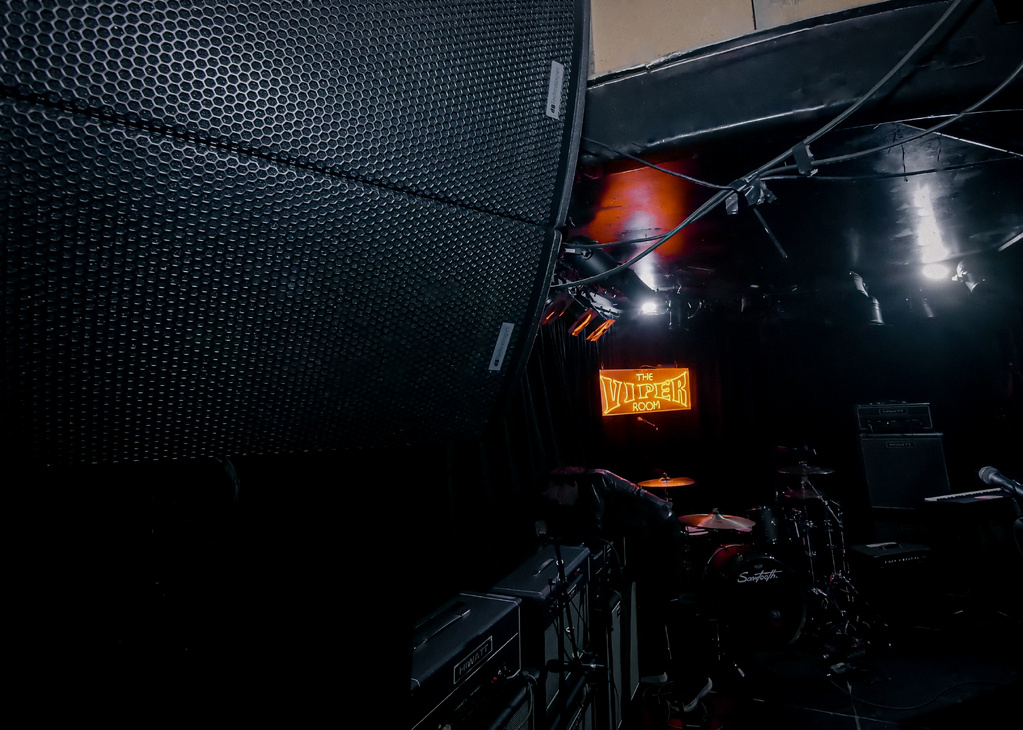You’ve read all the stories about losing your valuable data on a computer. Maybe you’ve experienced a loss of data.
Whatever the reason, you’ve been convinced that backing up your data is the best possible protection against data loss. You’ve set up a scheduled backup either locally on an external drive/CD/DVD or you’re using one of the many online backup services.
You keep multiple versions of the most important files and you check that the backup is running regularly.
But before you start congratulating yourself that your data is truly protected and recoverable I want to ask a question: How do you know for sure?
I spent more than 25 years in large-scale corporate IT environments working with disaster recovery, and the one thing that I’ve learned is that a backup isn’t just about backing up your data. You’ve got to know without a shadow of doubt that your backup is backing up the correct data on an appropriate schedule and that you can recover the data at the level that you need it.
In the corporate environment that meant on a daily/weekly/monthly basis we verified the backup process, and for our critical files we recovered them to test out the system.
How does that apply to your church computers? Let’s set up a typical computer scenario. Your church has some kind of tracking software or you’re using Quickbooks or other financial system. The data that is stored is crucial to the continued operation of the church.
You’ve started running automated backup software (say Time Machine on Macs and Windows Backup on PCs) and you’ve determined that you only need to back up the files once a week. You determine that you need to keep four versions of the backup file (one for each week). This gives you a month’s worth of backups that lets you guard against accidental deletion or file corruption. So far so good.
Backing up the data is only half of the data protection cycle. The other portion that isn’t talked about much is being able to verify that what you think you’re backing up is really what you want to back up and being able to recover the data properly. How do you do that?
It depends on the software or backup service you use, so I’ll discuss the general principles and then you’ll need to check with your software or backup service on their particular way to do it.




















